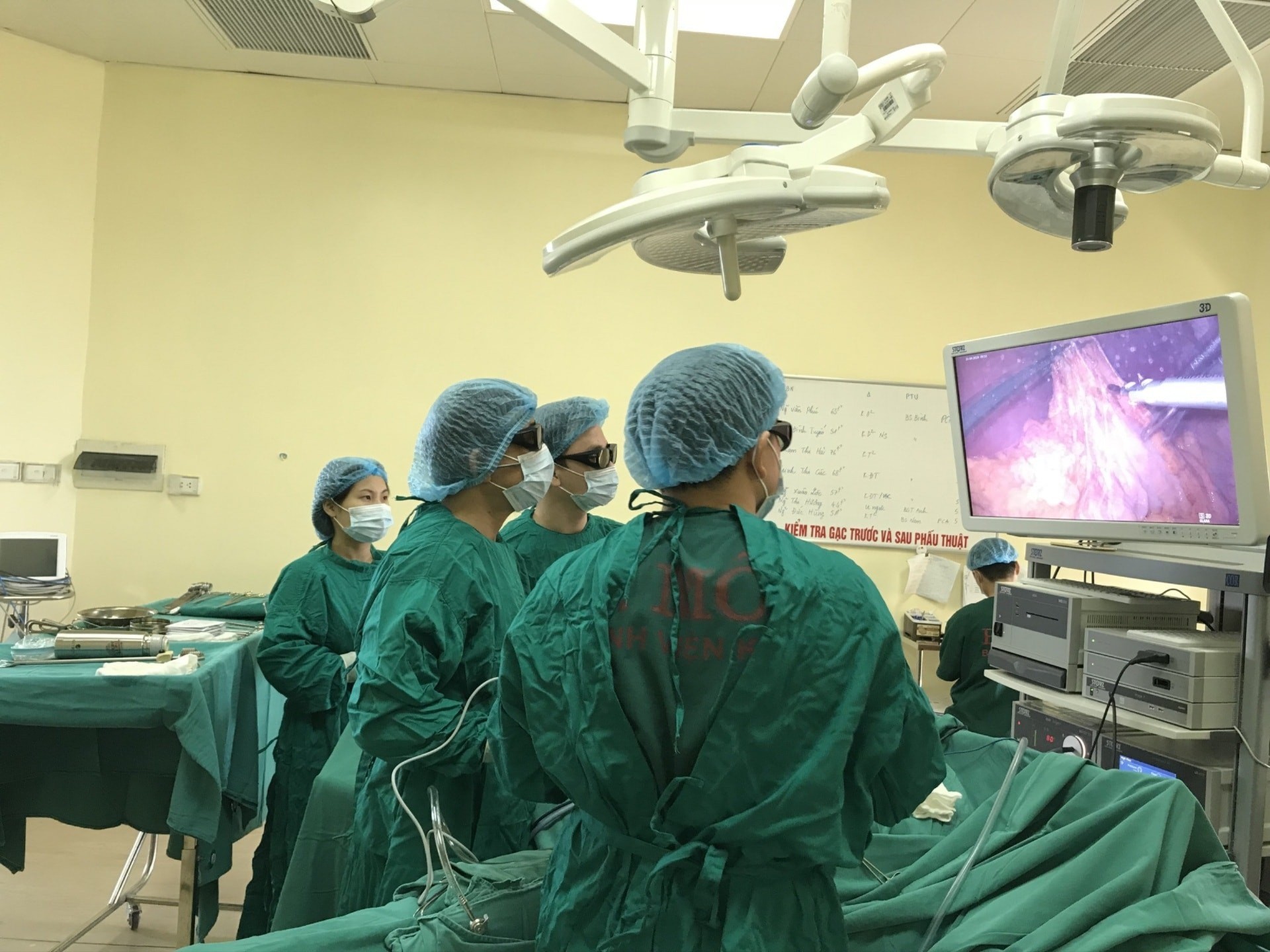
Shortening your life chances because of wrong prejudice
At cancer treatment facilities, it is not uncommon to see patients admitted late - when the tumor has spread, their health is exhausted and treatment methods are only supportive. Some of them were diagnosed early, had timely intervention indications, but refused conventional treatment from the beginning.
Vietnam - Sweden Uong Bi Hospital recently received a case of gastric cancer in the stage of pyloric stenosis complications. The patient was admitted with prolonged abdominal pain, weakness and continuous vomiting. Five years earlier, the patient had been diagnosed with gastric cancer after a routine examination, but refused surgery because of “fear of surgery” and chose to treat it with herbal medicine at home. When the disease progressed, the patient was admitted to the hospital due to his old age, many underlying diseases, complicated surgery and limited recovery prognosis.
Another case is a man (46 years old in Long An ) who was diagnosed with testicular cancer a year ago, but did not agree to surgery because he was worried about losing his fertility. When he returned for a check-up, the tumor had grown to the size of an orange, causing pain, discomfort, and affecting daily activities. Fortunately, the cancer had not metastasized, so radical surgical intervention was still possible. However, if he continued to delay, the consequences could have gone beyond the threshold of effective treatment.
Prof. Dr. Le Van Quang - Director of K Hospital, Director of the Institute for Cancer Prevention and Research, Head of the Oncology Department of Hanoi Medical University said that the prejudice that having cancer means a "death sentence" still persists in many people, even those with education. As a result, many people choose to "leave it alone", refuse surgery or chemotherapy, do not comply with the regimen and easily fall into a vicious cycle of anxiety, delay and delay in treatment.
Another common misconception is that “surgical intervention will cause cancer to spread faster”. On forums and social networks, many people are currently promoting and spreading information that surgery can rupture tumors, releasing cancer cells into the blood or lymphatic system, promoting faster metastasis. This is causing increasing panic in the community.
In fact, according to Dr. Nguyen Quoc Thai - Head of the Department of Digestive Surgery, Center for Endoscopy and Endoscopic Surgery of Digestive Surgery (Tam Anh General Hospital, Ho Chi Minh City), this can only happen if the disease is in the late stage and the metastatic lesions are widespread and cannot be controlled. In the early stage, properly indicated surgery not only does not cause cancer to spread rapidly but is also the main method to help remove the entire tumor, reduce the risk of recurrence and improve survival rate.
The disease can be cured if detected early and treated properly.
In recent years, the oncology sector in Vietnam has made remarkable progress in both early diagnosis and personalized treatment. For some common cancers, such as thyroid cancer, breast cancer, colorectal cancer, testicular cancer, etc., the 5-year cure rate if detected at an early stage can exceed 90%.
These figures are no longer theoretical, but have become reality. Professor, Dr. Le Van Quang affirmed: K Hospital has many cancer patients who have been treated stably for 10 years, 20 years, 30 years.
One of the key factors determining the effectiveness of treatment is the time of disease detection. With the development of endoscopy, biopsy, tumor marker testing and advanced imaging techniques, many malignant lesions have been detected when they are still small and have not metastasized. In such cases, surgery is often indicated early and simply, without the need for postoperative chemotherapy or radiation therapy.
Dr. Nguyen Quoc Thai said that every week this unit performs many successful surgeries for patients with early-stage gastrointestinal cancer - mostly thanks to patients actively screening or detecting when symptoms first appear.
Not only that, current treatment methods are increasingly less invasive, minimizing side effects, improving the quality of life for patients. With stomach cancer, endoscopic mucosal resection techniques can completely remove the tumor without removing the stomach. With testicular cancer, patients after surgery on one side still have the ability to reproduce and have normal endocrine function. In some cases, treatment only needs to be performed once, is not prolonged, and does not leave significant sequelae - something that many patients have never imagined before.
On the contrary, for patients admitted to the hospital in the late stages, when the cancer has metastasized or caused complications, the treatment process becomes more complicated, requiring a combination of multiple modalities: chemotherapy, radiotherapy, immunotherapy, and palliative care. Treatment costs increase, the duration is prolonged, and the prognosis is often not as good as in the early stages. This shows once again: cancer treatment is not just the doctor's business, but the patient's own decision - a decision that must come early, instead of being delayed by fear or misinformation.
Medical experts say that to change the prejudice about cancer in the community, it is necessary to simultaneously implement 3 groups of solutions. First, increase official communication about the effectiveness of current cancer treatment, with specific evidence and familiar language. Second, encourage people to proactively have regular health screenings - not wait for abnormal symptoms to go for a check-up. And finally, strengthen trust in modern medicine by building a transparent, trustworthy relationship between doctors and patients.
Source: https://baolaocai.vn/tri-hoan-se-bo-lo-thoi-gian-vang-trong-dieu-tri-ung-thu-post649423.html


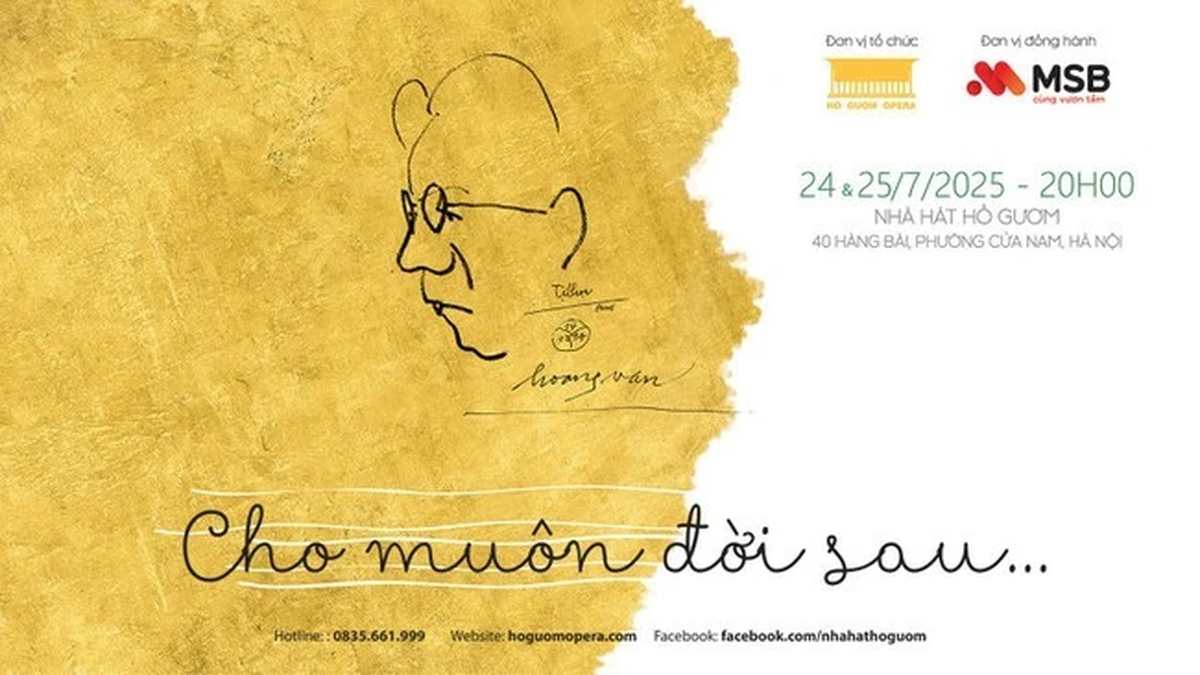


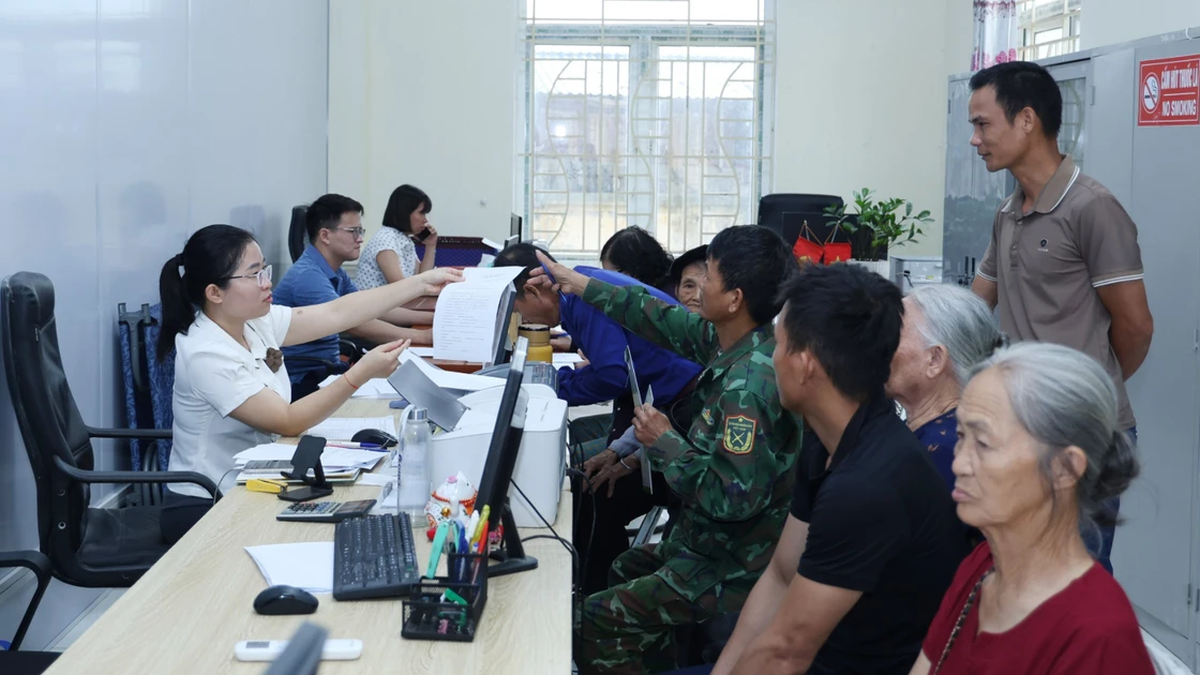
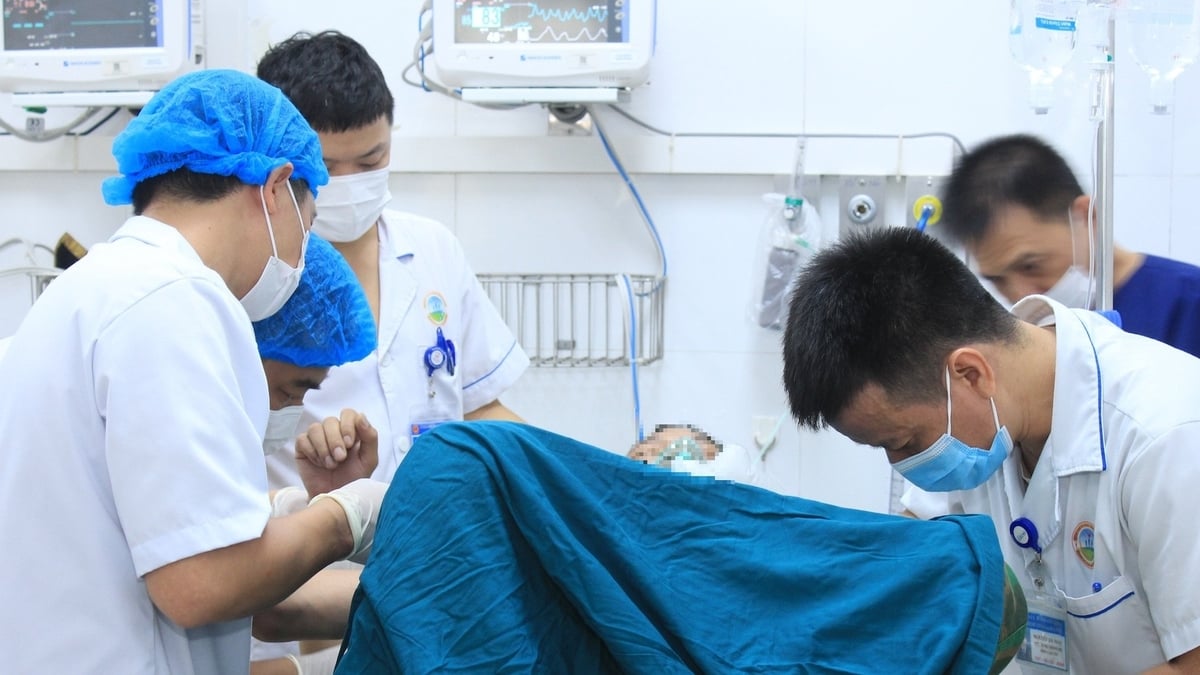
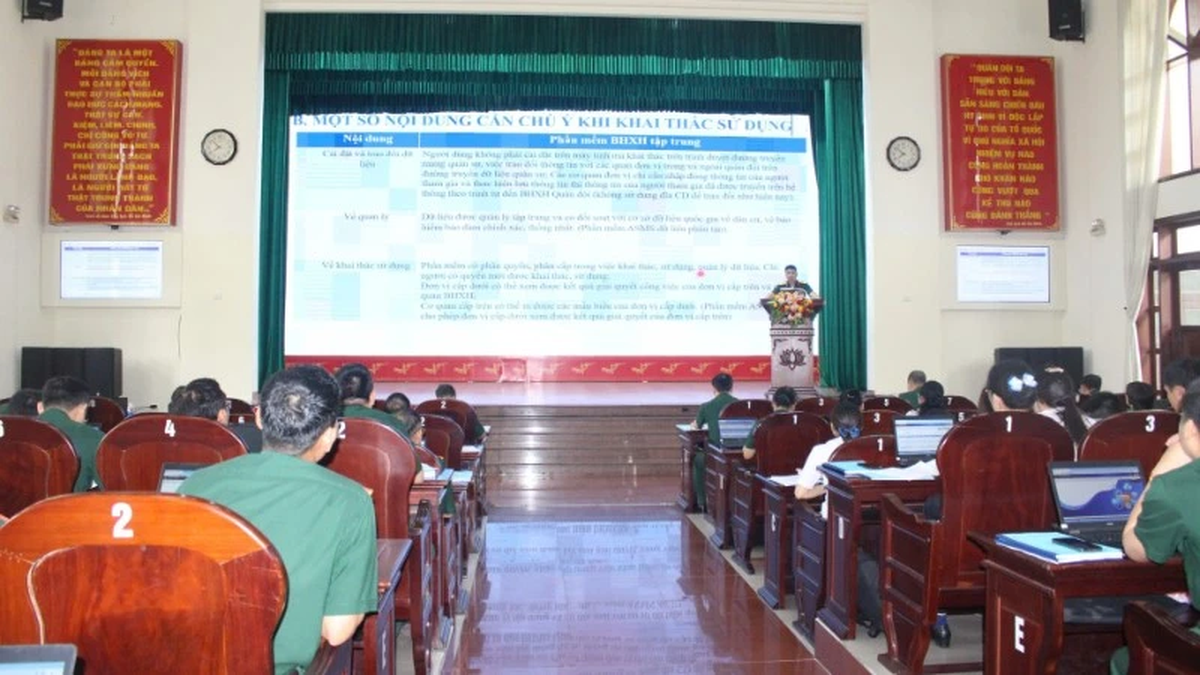


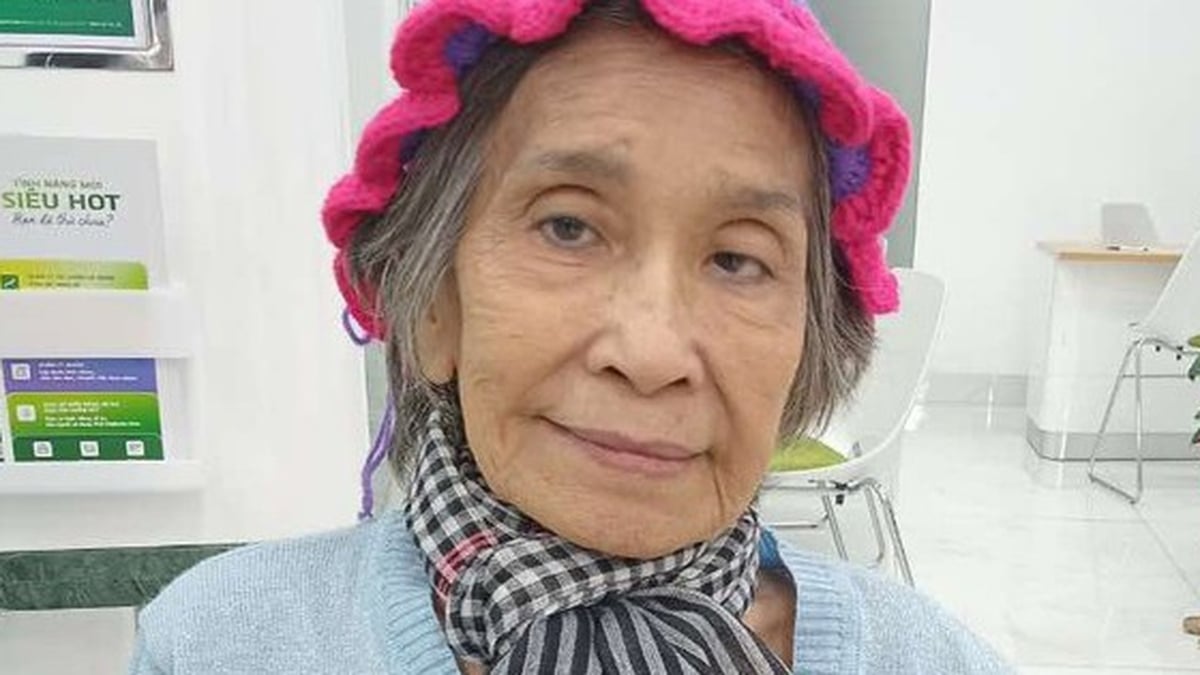
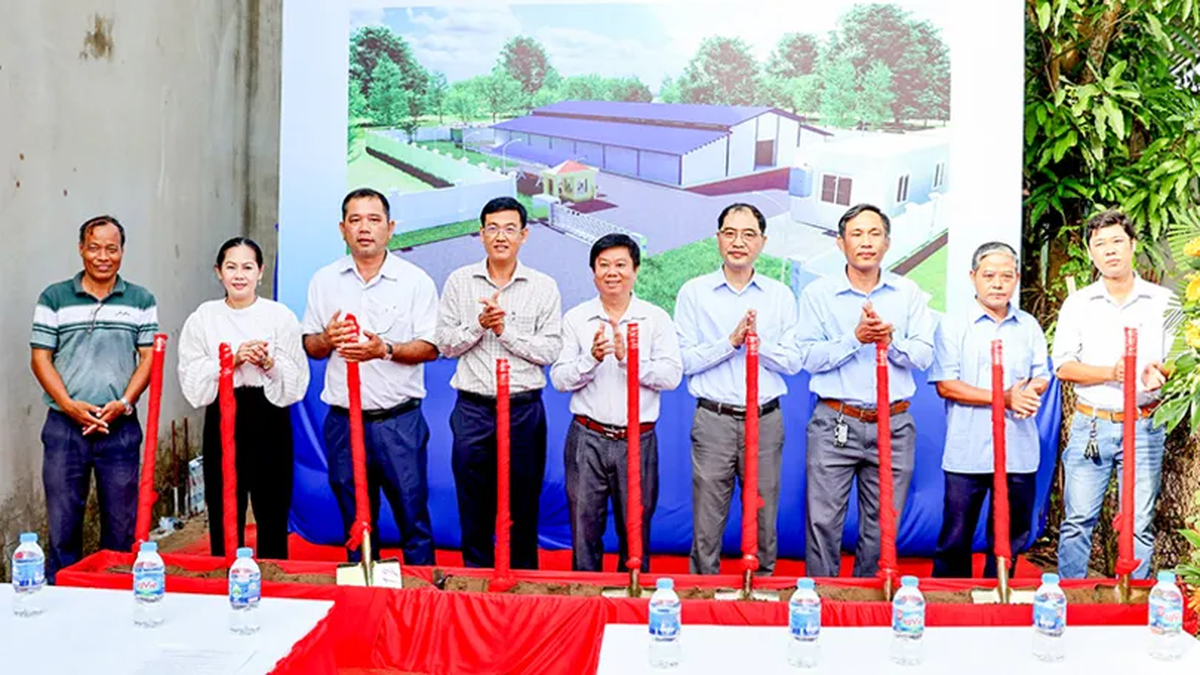





















































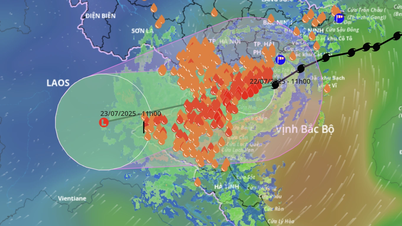




































Comment (0)